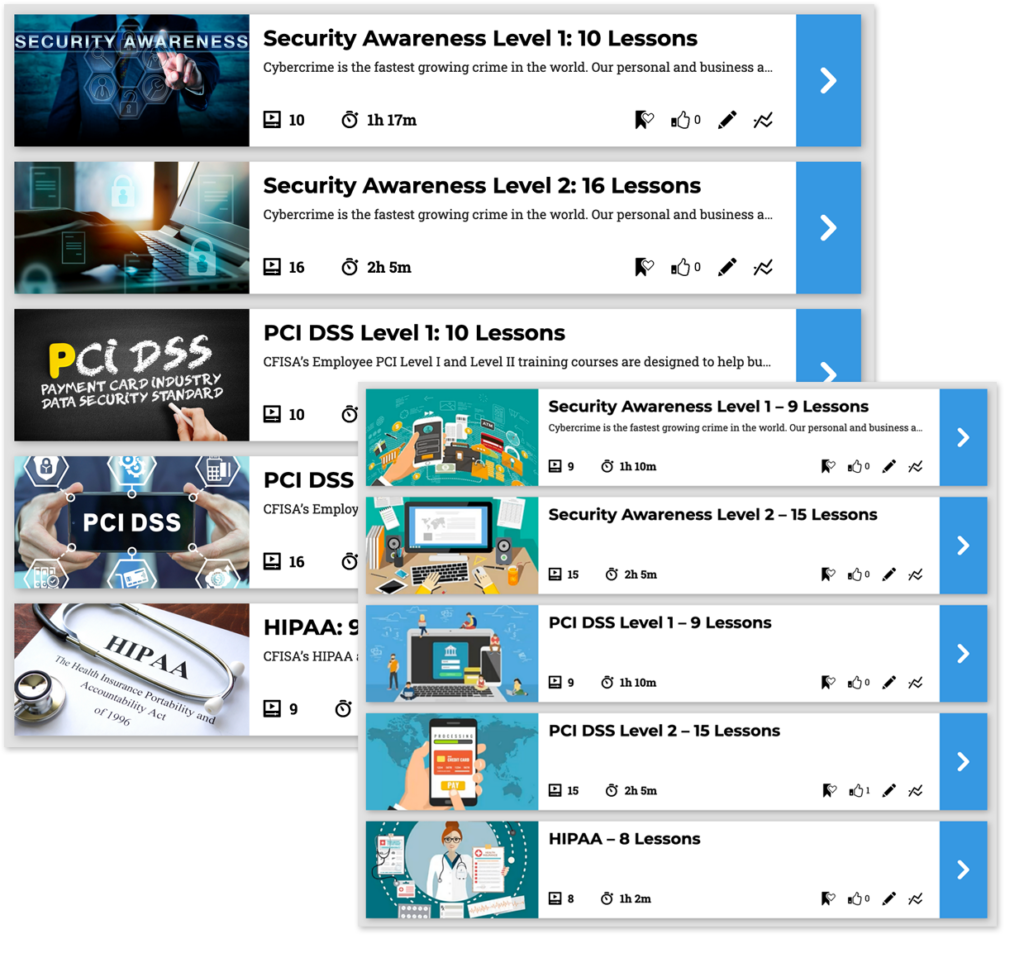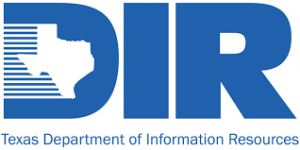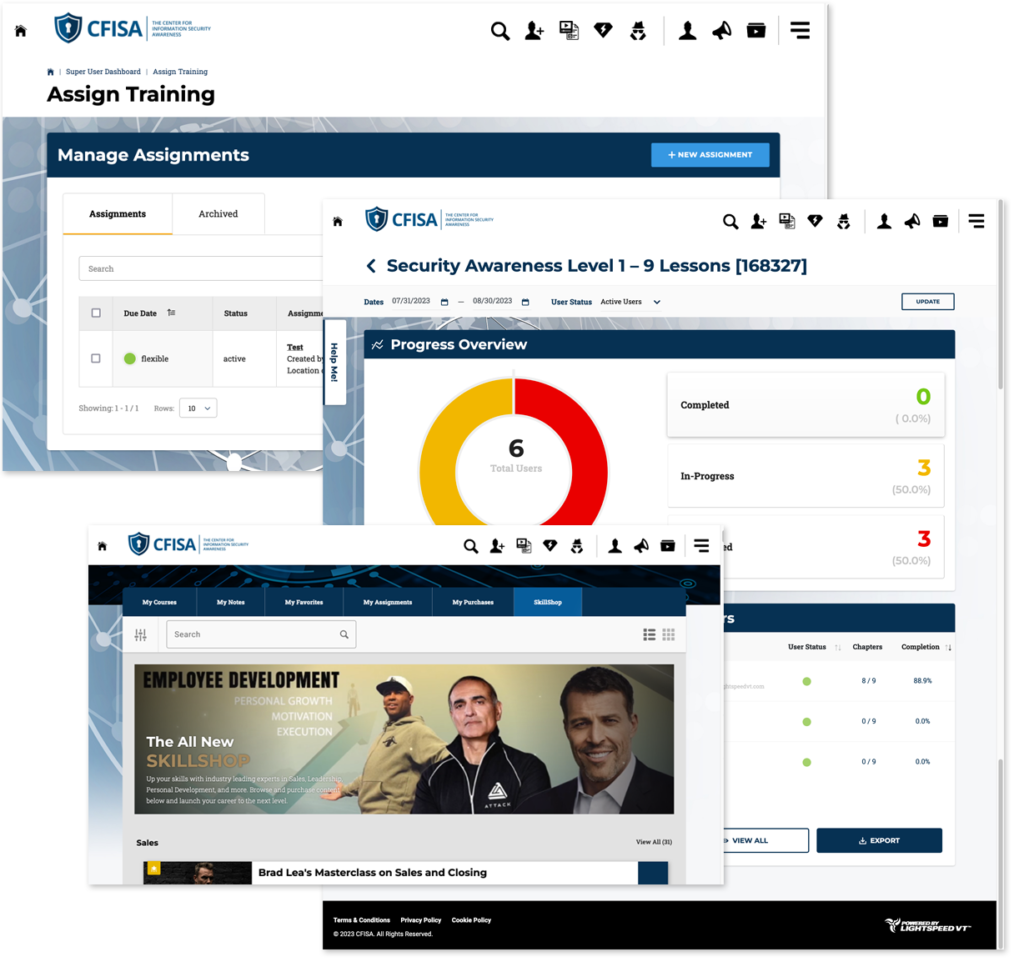HIPAA training makes it easy to educate your employees on proper computer security and data security behavior.
HIPAA compliance requires employees with access to protected health information to receive training to ensure that they understand the correct privacy and security practices associated to PHI. This includes staff members of any clinical, housekeeping, dietary, clerical, and contract workers. Anyone who has direct or indirect access to patients’ PHI needs HIPAA training upon hire and annually.
This HIPAA security training course combines HIPAA compliance lessons and security awareness training and not only educates your employees on patient’s Protected Health Information (PHI) requirements and stated law, it also expands their knowledge of the risk associated with cybercrime and best practices to protect the business from phishing, email threats, and other cybercrimes. HIPAA security training empowers your employees to protect patient’s PHI and your organization and customer data.
HIPAA Training Sample Lesson & Quiz
Here’s a two minute clip of our “HIPAA Employee Training” lesson.
This is one of 9 lessons included in the HIPAA Training Course. 72 total minutes of HIPAA compliance lessons and cyber security training for your employees!
Start Training Today
- $12.95 per employee, pay-as-you-go — only pay for employees that login and train.
- $4.95 per account, one-time charge — to setup & configure account.
- Billing occurs at month-end based on employees that trained during the month.
- Employees can access the training as often as they want during the month.
- Includes access to all Security Awareness, HIPAA and PCI courses.
- Click ‘Continue’ at right, complete checkout and enroll employees, individually or in bulk.
- Employees simply log in and complete the course.
- Managers have access to progress and completion reports and certificates of completion.
All CFISA Courses Now Included
 CFISA accounts now include all of the NEW Security Awareness Courses and first generation courses for a single monthly price. Save time and money by enrolling employees in any or all of the courses below for no additional fee!
CFISA accounts now include all of the NEW Security Awareness Courses and first generation courses for a single monthly price. Save time and money by enrolling employees in any or all of the courses below for no additional fee!
- Security Awareness Level I
- Security Awareness Level II * (Course certified by the State of Texas)
- PCI Compliance Level I
- PCI Compliance Level II
- HIPAA Training
HIPAA Training Course Lessons
- Introduction – 3:05 min
- HIPAA Overview – 5:53 min
- Privacy Rule – 8:21 min
- Strong Passwords Increase Security – 10:51 min
- Security Rule – 5:52 min
- Understanding and Recognizing Social Engineering – 5:03 min
- Security and Integrity Safeguards and Reporting – 8:12 min
- Phishing and Email Best Practices – 14:07 min
- Protecting Your Personal Workspace – 11:02 min
Are you ready to train your employees to protect patient’s PHI and your organization and customer data?
A Few Past Clients & Partners
 CFISA’s Security Awareness Training Level II course has been certified for employee training in Texas by the Texas Department of Information Resources since 2020.
CFISA’s Security Awareness Training Level II course has been certified for employee training in Texas by the Texas Department of Information Resources since 2020.
Pay-As-You-Go Pricing Benefits
For security awareness training, pay-as-you-go pricing–where you are charged based on employee’s actual usage of training rather than a fixed subscription fee–offers several advantages over the purchase of per-user seats with an expiration. This type of pricing model offers numerous advantages over the purchase of per-user seats with an expiration, including:

- Flexibility and Scalability — easily add and remove employees from training
- Cost-Efficiency — no long term contracts
- Continuous Learning — train and re-train as often as you need
- Better Employee Engagement
- Timely Updates
- Reduced Administrative Overhead
- And More…
The Center for Information Security Awareness (CFISA) provides online employee Cyber Security Awareness Courses including PCI DSS, HIPAA, InfragardAwareness and well as on-line webinars and on-site training.

 CEO and Founder Michael Levin is a former Secret Service Agent and Deputy Director of the National Cyber Security Division of the Department of Homeland Security. After retiring, Michael founded CFISA in 2007 to help businesses, academia, and government agencies teach their employees best practices to combat the onslaught of cybercrime.
CEO and Founder Michael Levin is a former Secret Service Agent and Deputy Director of the National Cyber Security Division of the Department of Homeland Security. After retiring, Michael founded CFISA in 2007 to help businesses, academia, and government agencies teach their employees best practices to combat the onslaught of cybercrime.
Michael has created engaging, affordable and compliant training. By personalizing these lessons Michael makes learning easy and effective. CFISA also makes it easy for customers to implement Michael’s courses by allowing them to run the training in their own learning management system (LMS). Alternatively, CFISA will host training for them.











